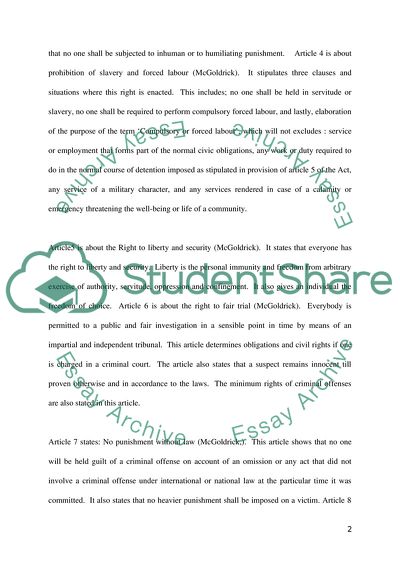Cite this document
(The Role and Purpose of the Human Rights Act 1998 Literature review, n.d.)
The Role and Purpose of the Human Rights Act 1998 Literature review. https://studentshare.org/law/1800180-discuss-the-role-and-purpose-of-the-human-rights-act-1998-and-identify-how-it-might-be-used-to-protect-older-people
The Role and Purpose of the Human Rights Act 1998 Literature review. https://studentshare.org/law/1800180-discuss-the-role-and-purpose-of-the-human-rights-act-1998-and-identify-how-it-might-be-used-to-protect-older-people
(The Role and Purpose of the Human Rights Act 1998 Literature Review)
The Role and Purpose of the Human Rights Act 1998 Literature Review. https://studentshare.org/law/1800180-discuss-the-role-and-purpose-of-the-human-rights-act-1998-and-identify-how-it-might-be-used-to-protect-older-people.
The Role and Purpose of the Human Rights Act 1998 Literature Review. https://studentshare.org/law/1800180-discuss-the-role-and-purpose-of-the-human-rights-act-1998-and-identify-how-it-might-be-used-to-protect-older-people.
“The Role and Purpose of the Human Rights Act 1998 Literature Review”. https://studentshare.org/law/1800180-discuss-the-role-and-purpose-of-the-human-rights-act-1998-and-identify-how-it-might-be-used-to-protect-older-people.


